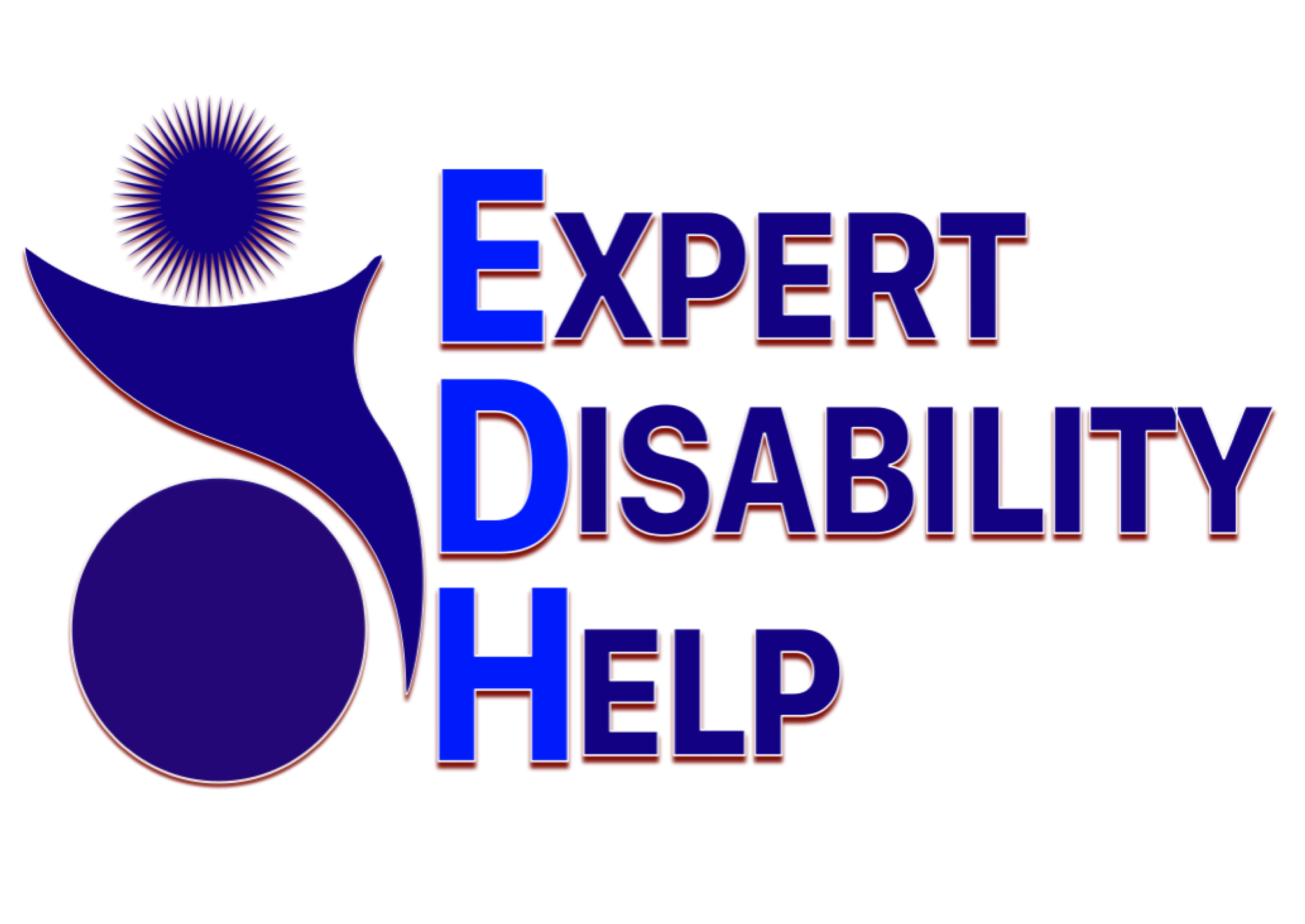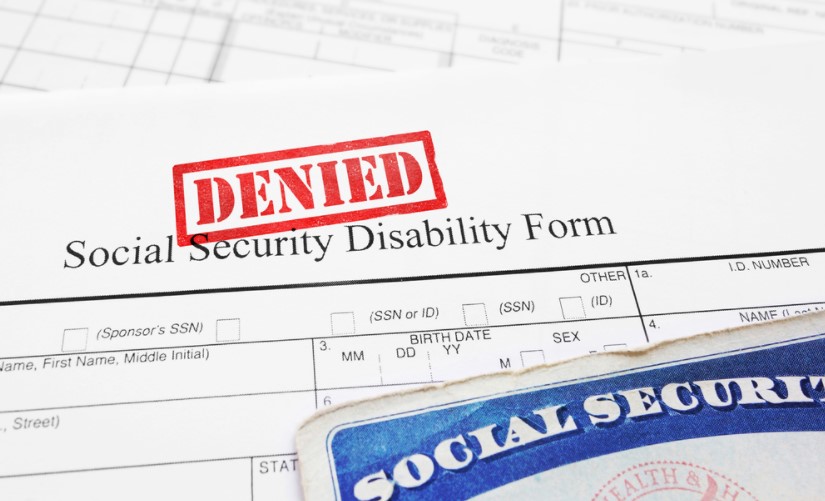Psychological factors can affect physical conditions, and physical conditions can affect psychological disorders. Therefore, when there is an overlap between mental and physical complaints, your disability case can be more substantial. As a result, your disability case can be described as comorbidity, meaning you have two separate complaints.
PAIN
Pain is a medical condition that has a significant impact on your mental health. There are conversations among healthcare providers that say, strength and pain should be considered a fifth vital sign and is just as important as your blood pressure etc. When you go to your doctor, after taking your vital signs often, the next question is, “what is your pain level today?”
Many patients answer that question very quickly when they should not. Describing your pain level can be a significant factor in determining your actual disability status. If your pain level is consistently in the range of 6/10 or above, that can be highly stressful and can increase your anxiety level and cause you to be depressed.
It is essential to clarify pain levels carefully because all healthcare providers do not look at pain. Often nurses will ask, “on a scale of 1-10, with ten being the most severe. How do you rate your pain?”
”Pain levels change quickly depending on the particular activity, the location on the body, the time of day, and the illness or illnesses. Pain levels are not static, so choose your answer carefully if you have more than one area of pain.
Be very careful when describing your pain and clarify that your pain level is not consistently the same. Some discomfort is worse upon arising. Some pain is worse when walking, sitting, standing, lifting, or bending. Some pain is worse at night. Description of pain can impact whether you can do your job or not. Don’t overestimate or underestimate your pain.
DEPRESSION
When describing Depression, a good mnemonic is SIGECAPS. S= Suicidal ideation, E= Energy, low or high, C= Concentration, decreased, A= Attention, Span level is reduced, P= Psychomotor, (movements) can be slow or reduced, S= Sleep, inability to sleep, constant awakening or sleeping too much. However, the descriptions are not limited to these examples.
ANXIETY
Anxiety is often overlooked when listing mental health complaints. Some healthcare providers feel that anxiety symptoms overlap with depressive symptoms and don’t need to be separated, which only complicates the diagnosis. A medical illness can often cause anxiety, causing the diagnosis to be complicated. Some healthcare providers don’t always think of anxiety as a cause for concern, and the diagnosis of anxiety is not considered.
Symptoms of anxiety cause significant problems at home, work, and in social settings. If you suspect you have anxiety, consult a doctor or psychologist to help with a specific diagnosis.
There are three significant categories of Anxiety Disorders:
- Anxiety disorders include phobias (specific, social, panic disorders, agoraphobia, and generalized anxiety disorder). (Agoraphobia and panic disorders now form distinct groups). You can have overlapping conditions, e.g., a depressive disorder with panic attacks, PTSD with panic attacks.
- Obsessive-Compulsive Disorders: (obsessive-compulsive disorders, body dysmorphic disorder, hoarding disorder, trichotillomania, hair picking, excoriation disorder, and skin picking.
- Trauma and Stressor-Related Disorders: (reactive-attachment disorder, disinhibited social engagement disorder, PTSD, acute stress disorder, and adjustment disorder).
Important Takeaways:
This list is not meant to be complete but only provides a few major Psychiatric illnesses. However, it is essential to recognize that Psychiatric Illnesses can be as disabling as Medical Illnesses and can cause you not to work. In addition, psychiatric conditions are invisible disabilities, meaning there are no objective tests.
It is essential to recognize that you can have both medical and psychiatric illnesses, which cause an increase in your disabling illness. Therefore, it is important to be treated by the correct doctors to help make a distinction between medical and psychiatric illnesses, as treatment is distinctly different.
It is imperative to be aware that depressive or anxiety symptoms can be explained by a medical disorder (e.g., .hyperthyroidism). In addition, it is essential to recognize that the physiologic effects of substance abuse disorders can cause symptoms of Anxiety and Depression.











